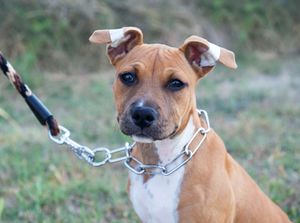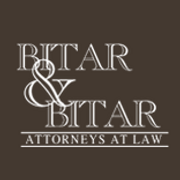
Getting injured in a dog bite attack can be a traumatic experience that follows you well after the incident. Pennsylvania has some of the most comprehensive dog bite laws in the country to assure that these cases rarely happen—and if they do, that there aren’t repeat offenders. Their thoroughness, however, raises a few concerns before going to court. Here are some of the most common questions you should discuss with your personal injury attorney before filing your case.
FAQ About Dog Bite Liability in Pennsylvania
Was the dog provoked?
Pennsylvania law states that for an owner to be liable for a dog bite, the animal must cause injury without provocation. If the injured party teased the dog, was mean to it, or continued to pet it as it growled as a warning, that would place the blame on themselves. This stipulation isn’t the case everywhere; in fact, in most states, the law makes the owner liable regardless of circumstances. The injured victim’s personal injury attorney must also prove that the dog was vicious, or that the dog’s owner was negligent in the attack, possibly by violating an animal control law.
Did you trespass on private property?
As a general rule in liability cases, the owner isn’t liable for injury if the victim was willfully trespassing on their private property. The owner can’t have the opportunity to stop the attack from happening if they didn’t know the victim was even there. Plus, the victim had no reason to be there in the first place and only got bitten because they broke the law by trespassing.
Does the dog have a history of attacks?
A personal injury attorney will use a dog’s previous history as a substantial aid to the victim’s case. Pennsylvania has Dangerous Dog Laws to document dogs with a prior record of violence. They outline a “dangerous dog” as:
- A dog that has injured a person, unprovoked.
- A dog that has injured or killed another domestic animal, unprovoked and while off the owner’s property. (On property, it could be considered a territorial response.)
- A dog that has attacked a person without being provoked.
- A dog that was used to commit a crime.
Owners must apply for a “dangerous dog” registration after the pet’s first incident to avoid having them euthanized. The process includes keeping the dog properly confined, having a muzzle for any leash time, paying a registration fee, posting a warning sign outside the owner’s home, implanting a microchip, buying liability insurance, sterilizing the dog, and notifying the authorities if the dog is ever loose. If this dangerous dog ever attacks a human or domestic animal again or if the owner violates the terms of these laws, the state will euthanize the pet.
Was the dog on a leash?
 Leash laws in Pennsylvania are very strict, basically stating that dogs must be under adequate control at all times. The pet must be either in their owner’s yard, on a leash during a walk, or under the control of a responsible party. If the owner violates this law—and the attack was a direct result of that—then the victim and their personal injury attorney have a strong case for liability.
Leash laws in Pennsylvania are very strict, basically stating that dogs must be under adequate control at all times. The pet must be either in their owner’s yard, on a leash during a walk, or under the control of a responsible party. If the owner violates this law—and the attack was a direct result of that—then the victim and their personal injury attorney have a strong case for liability.
The plaintiff will also have the upper hand even if the owner had no prior knowledge of their pet’s aggression. In Miller v. Hurst (1982), the Pennsylvania Superior Court ruled that if the leash laws are broken, the owner is liable for any resulting injuries—even if the dog had never done something like that before.
Dog bite injury lawsuits can become complicated under these state laws, which is why it’s essential to hire a qualified personal injury attorney for the case. New Kensington, PA, residents turn to Bitar & Bitar, LLP, for a variety of legal issues due to the practice’s mastery of Pennsylvania law. Their team emphasizes professionalism and transparency, helping clients have the best result while also having a clear picture of their rights. For more information about their full range of legal services, visit them online, or call them today at (724) 339-1025.
About the Business
Have a question? Ask the experts!
Send your question

